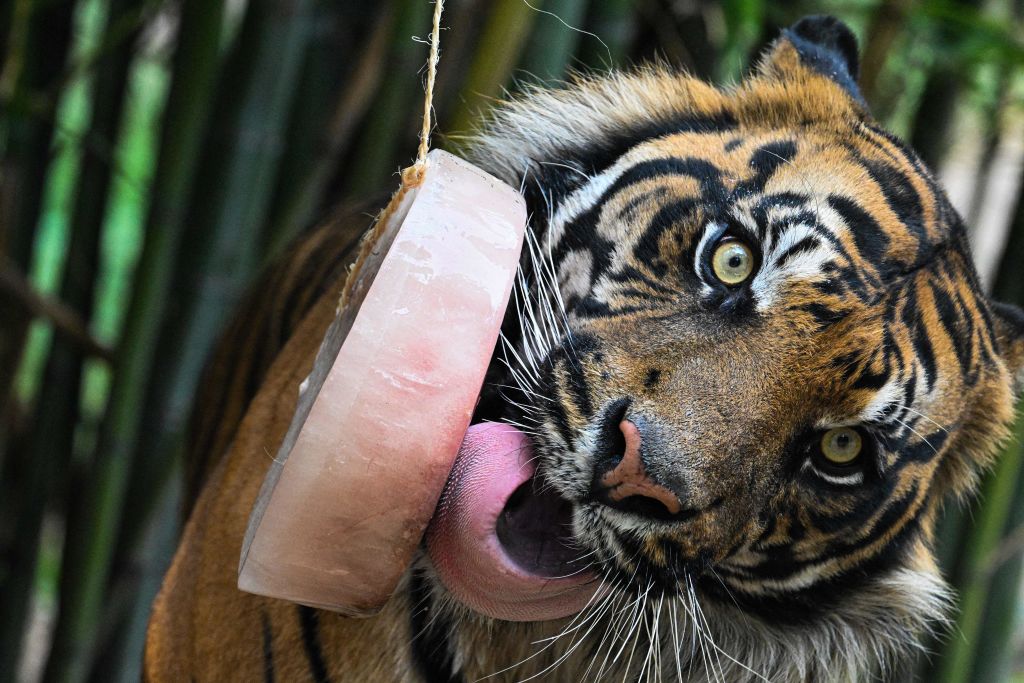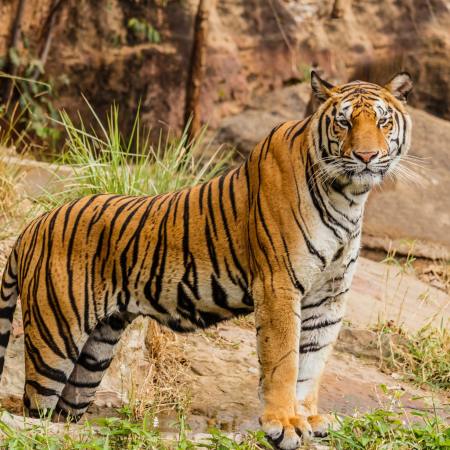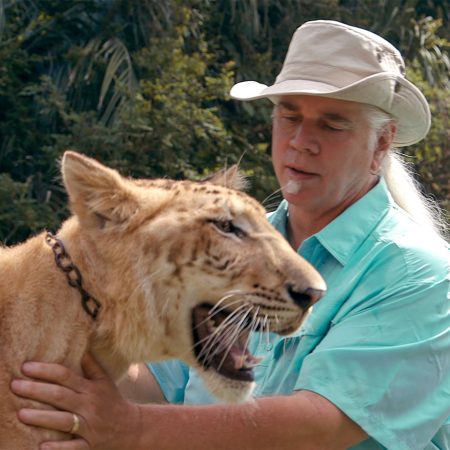When was the first time you realized that some people had embraced the idea of owning big cats as pets? For the record here, that’s “big cats” in the sense of lions and tigers — not, say, a house cat that could use a diet. That realization might have come while watching Tiger King in 2020, or while watching the news in 2003, when a tiger named Ming was evacuated by the NYPD from a Harlem apartment. (Which also inspired the cover art for a fantastic album — but I digress.)
As big cats’ various moments in the spotlight indicate, it’s easier than one might think to own a lion or tiger without having the infrastructure in place to take care of it. Or at least it has been. That seems to be on the verge of changing, however. The Guardian reports that President Biden is likely to sign a bill into law that would dramatically restrict private ownership of big cats — though it wouldn’t affect big cats that are currently in private hands.
HR 263, aka “Big Cat Public Safety Act,” will — in its own words — “[revise] restrictions on the possession and exhibition of big cats, including to restrict direct contact between the public and big cats.” The law restricts ownership to zoos, universities and wildlife sanctuaries (albeit with some caveats for the last of these — you couldn’t simply delare your backyard a wildlife sanctuary, for instance).
“By closing the door on cub petting and the era of private citizens keeping big cats inappropriately, we’re making the country safer, better and kinder for all,” said Sara Amundson, the president of the Humane Society Legislative Fund, in comments made to The Guardian.
HR 263 also regulates the display of big cats, stating that they should be kept at least 15 feet from people unless separated by “a permanent barrier sufficient to prevent public contact.” Based on the list of sponsors, the law has considerable bipartisan support.
Thanks for reading InsideHook. Sign up for our daily newsletter and be in the know.


















